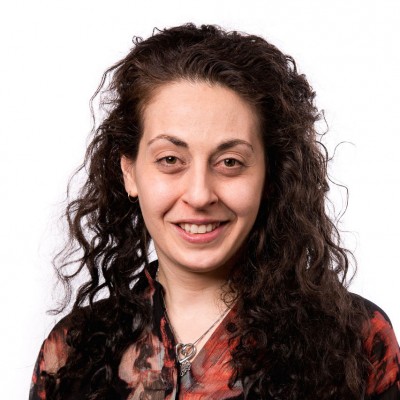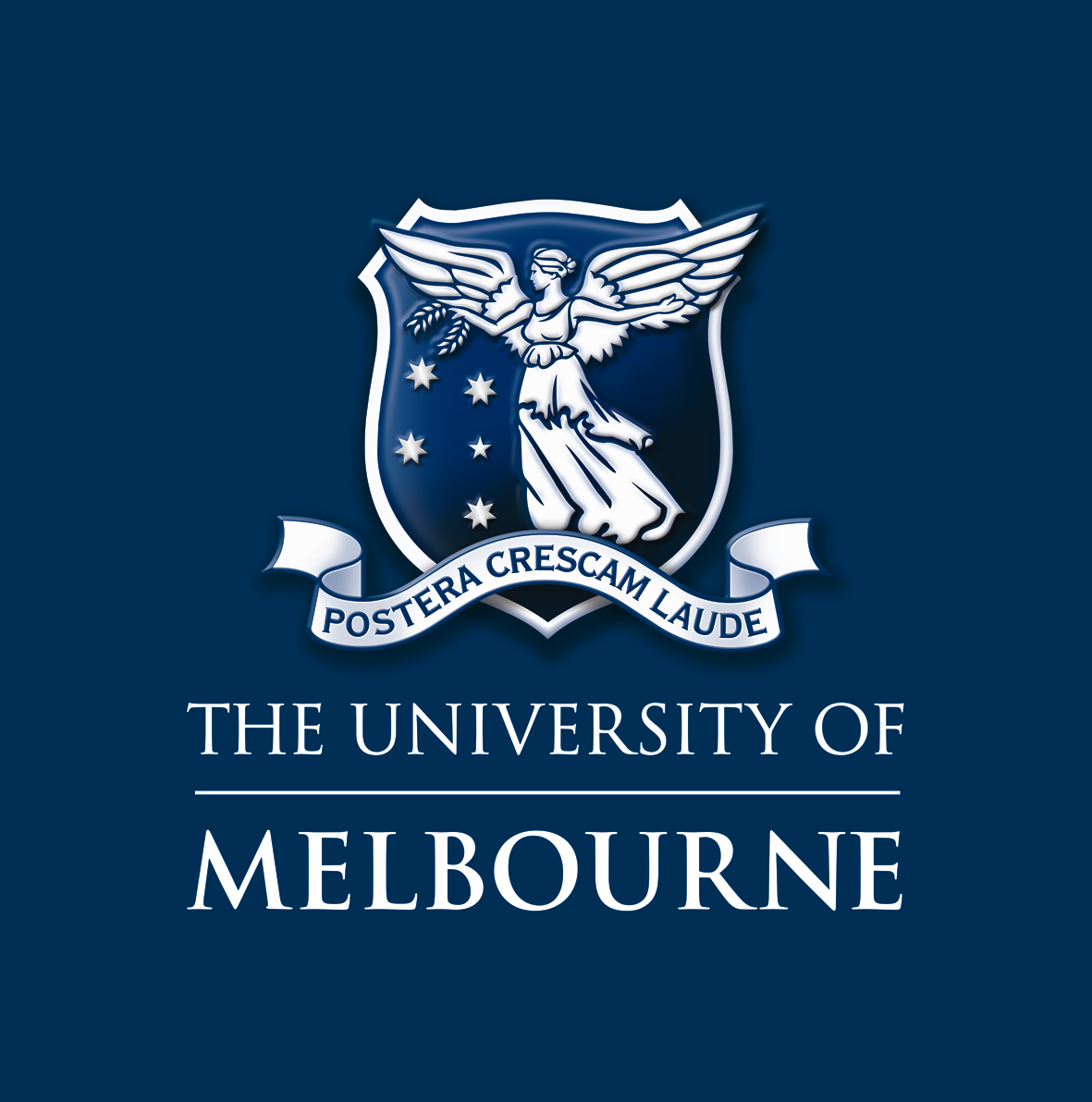Project: Location, location, location – lodging virus specific T cells in the lung as an approach to protect against influenza virus infection
Wakim group
Due to their capacity to rapidly spread across the population, airborne pathogens represent a significant risk to global health. Indeed, several of the past major global pandemics have been instigated by respiratory pathogens. Greater understanding of the immune cells tasked with protecting the airways from infection will allow for the development of strategies that curb the spread and impact of these airborne diseases. A specific subset of memory T cell resident in both the upper and lower respiratory tract, termed tissue resident memory (Trm), have been shown to play an instrumental role in local immune responses against a wide breadth of both viral and bacterial infections. In this project we will investigate factors that influence respiratory tract Trm development, longevity and immune surveillance and explore vaccination regimes that harness these cells, these approaches represent exciting new strategies that may be utilized to tackle the next global pandemic.
Contact project supervisor for further
information and application enquiries
Wakim group
2 vacancies


The Wakim group research focus is understanding how T cells resident along the respiratory tract can be utilised to protect against influenza virus infection. Our main focus is to characterise the influenza virus fighting T cells in the lung and nasal tissue, identify factors important in their differentiation and longevity, and optimise approaches to lodge these highly protective T cells along the respiratory tract with the intent to improve influenza vaccine design and efficacy.
Wakim group Current Projects
-
Blocking the development of secondary bacterial pneumonia
PhD/MPhil, Master of Biomedical Science
-
Location, location, location – lodging virus specific T cells in the lung as an approach to protect against influenza virus infection
PhD/MPhil, Master of Biomedical Science



